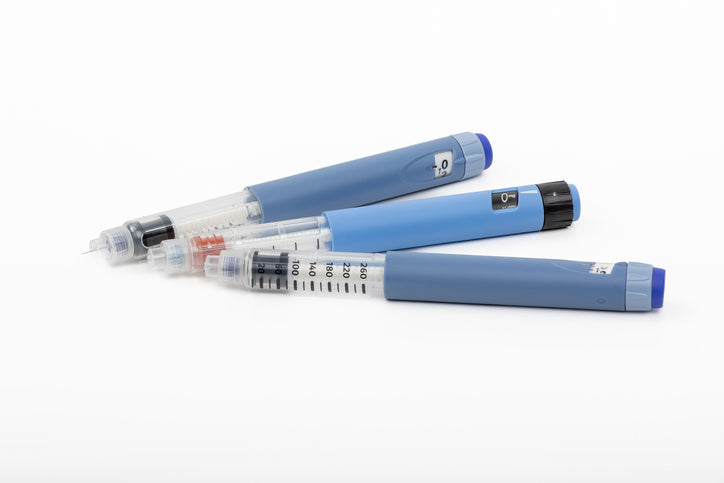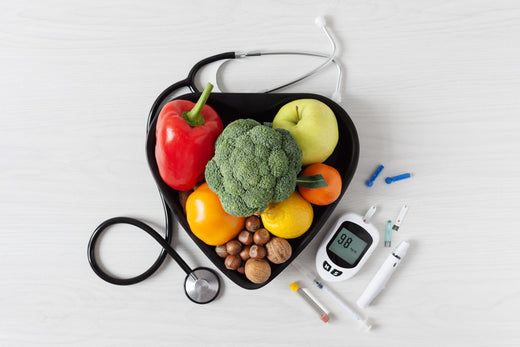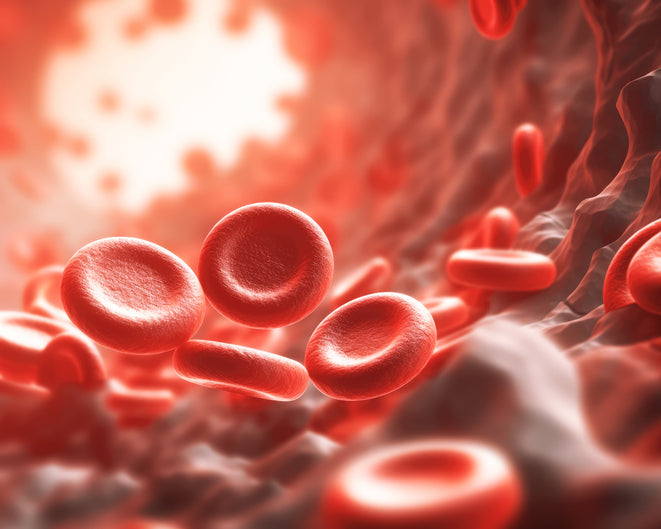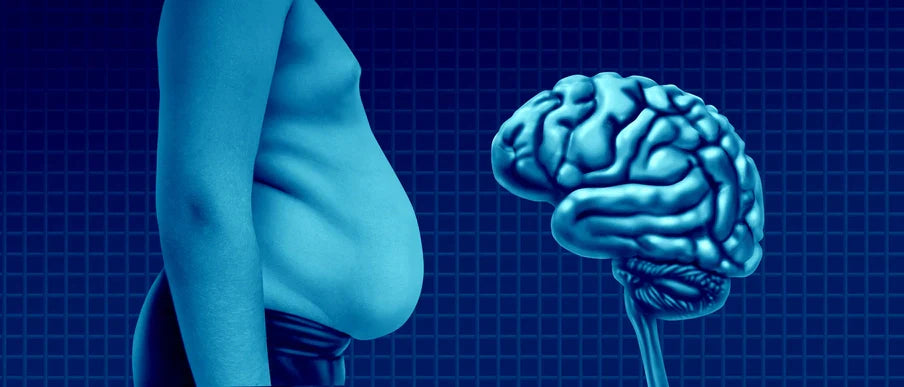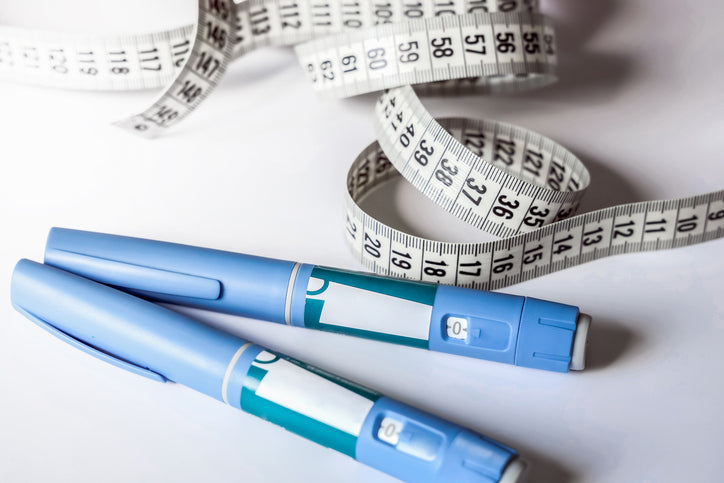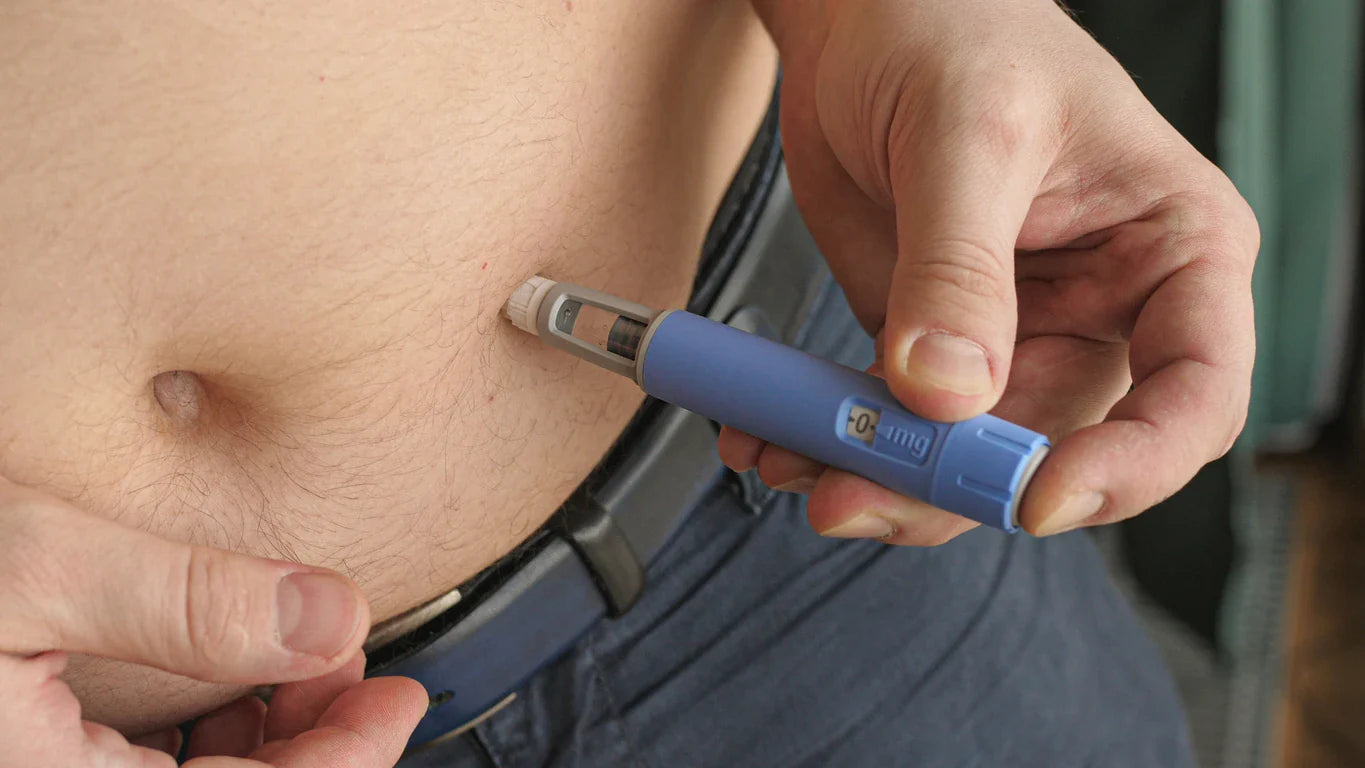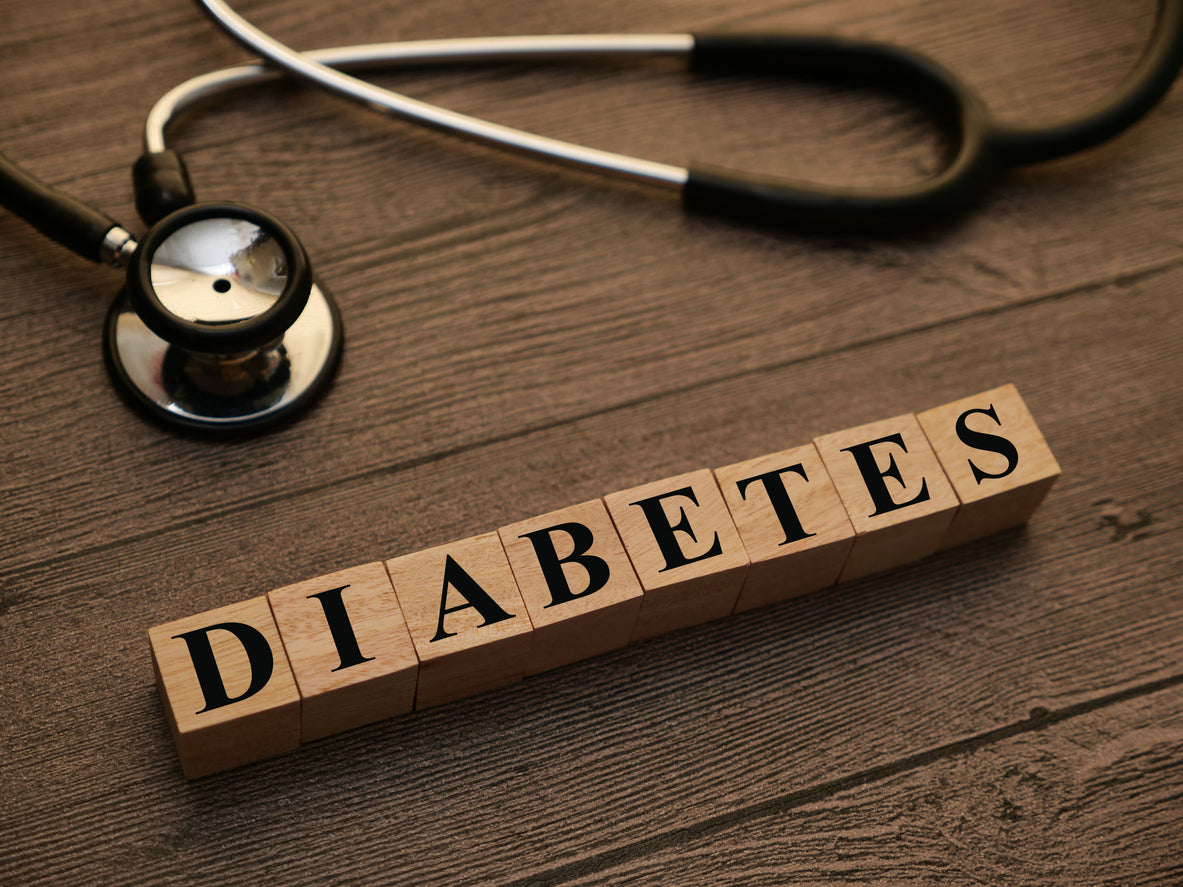Can you lose weight quickly without jeopardising your mental health? The answer is a clear yes.
This is demonstrated by the groundbreaking ARIADNE study, newly published in the prestigious The Lancet Psychiatry (2025). The study documents that an intensive Total Diet Replacement (TDR) — essentially full meal replacement — not only effectively induces weight loss but can also improve mental wellbeing and reduce eating disorder risk.
What is the ARIADNE study?
ARIADNE (Adiposity Risk And Disordered Eating in Europe) was carried out in England to explore whether individuals with type 2 diabetes, high BMI (over 27), and psychological vulnerability could complete a TDR programme without increasing their risk of eating disorders.
TDR involves a full meal-replacement programme with low calorie intake (approx. 860 kcal/day) for up to 12 weeks, followed by gradual food reintroduction and maintenance.
56 participants were randomly assigned to either TDR or standard type 2 diabetes care. All received behavioural support, and the TDR group additionally received online dietitian support as part of the programme.
Results: More than just weight loss
Significant weight loss
After six months, participants in the TDR group had lost an average of 13.9 kg, compared with only 3.7 kg in the control group—about 10% of body weight, enough to improve blood sugar, cholesterol and blood pressure.
Improved mental wellbeing & lower eating disorder risk
One of the most notable conclusions was that TDR did not increase eating disorder risk. On the contrary:
-
EDE-Q scores within the TDR group dropped by 0.8 points, while they rose slightly in the control group.
-
No participants developed eating disorders.
Boosted mental health
The TDR group experienced a range of positive psychological effects:
-
Depression (PHQ-9): −5.9 points
-
Psychosocial function (CIA): −14.4 points
-
Diabetes-related stress (PAID): −19.2 points
Such improvements indicate that structure and support not only facilitate completing an intensive diet, but also contribute to better mental wellbeing.
Why does it work?
The TDR programme wasn’t just a tough diet. It was a structured effort where participants received help to set goals, solve problems and prevent relapse. It helped them manage habits, reduce food-related stress and rebuild a healthy relationship with food. Digital contact with dietitians played a central role in providing ongoing support and professional reassurance.
At the same time, rapid weight reduction meant participants quickly noticed physical improvements, boosting motivation and self-esteem. Combined physical wellbeing and structured support generated mental resilience many hadn’t felt in a long time.
Long-term effects and safety
At the 12‑month follow-up, some weight had been regained, but not enough to negate the benefits. Crucially, mental wellbeing was sustained—suggesting that TDR can initiate lasting lifestyle changes when done properly.
The defined safety threshold for eating disorder risk (EDE-Q > 0.72) was not exceeded. Scores in the TDR group fell significantly, even among participants with high baseline values. This emphasises that a well-prepared and professionally supported programme can prevent—not provoke—eating disorder tendencies.
What does this mean in practice?
For those considering TDR as part of a health journey, the ARIADNE study provides reassurance: Rapid, structured weight loss can be safe and mentally strengthening—not harmful, as often feared. It’s not the low calorie content per se that’s the issue, but the way it’s implemented.
Key data after 6 months
| Parameter | TDR group | Control group | Difference | P-value |
|---|---|---|---|---|
| Weight loss (kg) | −13.9 | −3.7 | −10.2 | <0.0001 |
| EDE-Q score | −0.6 | +0.2 | −0.8 | 0.0035 |
| PHQ-9 (depression) | −3.6 | +2.1 | −5.9 | <0.0001 |
| PAID (diabetes stress) | −18.4 | +0.8 | −19.2 | 0.0004 |
| CIA (psychosocial function) | −9.1 | +5.8 | −14.4 | <0.0001 |
| Number of diabetes medications | −0.7 | +0.1 | Significant | <0.0001 |
Policy and clinical implications
Results from ARIADNE are important not just for individuals. They point to major potential within health systems. In the UK, the study already underpins the NHS “Path to Remission” programme, which uses TDR as part of diabetes treatment.
In Denmark, ARIADNE could pave the way for new municipal and hospital-based programmes, integrating TDR as a safe, evidence-based option for treating complex obesity and type 2 diabetes.
Combining TDR with GLP‑1 therapy
Several studies suggest TDR can be combined with GLP‑1 agonists (e.g. semaglutide). This combination may create synergistic effects, enhancing both weight loss and metabolic improvements. This means individuals already on GLP‑1 therapy could benefit further from adding a structured TDR programme. Clinical guidance is recommended for concurrent use, and ARIADNE supports a holistic treatment approach.
Important – It’s more than calories
ARIADNE challenges the widespread belief that rapid weight loss is inherently risky. The study shows it’s not about calorie quantity, but the quality of structure and support surrounding the process.
It paves the way for a holistic approach that champions both physical and mental health. For many living with obesity and type 2 diabetes, TDR can be the first safe step toward improved quality of life—physically and psychologically.
Most importantly: ARIADNE demonstrates we can dispel the myth that low-calorie programmes inherently increase eating disorder risk. On the contrary, with professionalism, structure, and human support, TDR can give people with complex obesity a new beginning—boosting their self-esteem, health, and relationship with food.
Source:
Tsompanaki E et al. (2025). “The ARIADNE Study: Impact of Total Diet Replacement on Disordered Eating and Mental Health in Adults with Obesity and Type 2 Diabetes.” The Lancet Psychiatry. PMID: 40506207.










